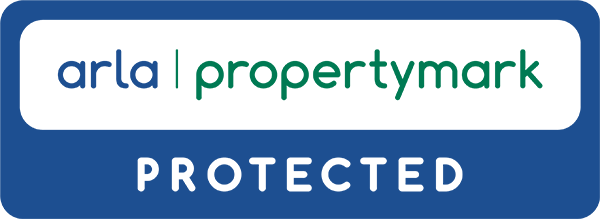Landlord or tenant: How does the budget affect you?
This afternoon, Chancellor Rishi Sunak announced his spring budget, which arrives against the backdrop of the biggest cost of living crisis seen in the last decade. In fact, the Resolution Foundation has estimated that inflation this year and next could cause the biggest annual fall in household income since the 1970s. And with new regulations and new legislation expected within the sector, many landlords and tenants are staring down the barrel of uncertainty.
Millions of families across the UK are currently having to weigh up whether to put their heating on, pay their rent, fill their car, or put food on the table, and it’s not just tenants. Many Landlords are now exiting the private rented sector due to the increased burden of legislation, rising costs, and the risk of their tenants falling into arrears and impacting on their own financial situation.
So how do the measures announced today affect landlords and tenants?
Energy Performance Certificates
Back in 2019, the government announced a target of having every rental property to be EPC rated at level "C" or above by 2025 (2028 for existing tenancies). At the time, this was met with disbelief within the sector, as not only extremely optimistic but also as a potentially impossible task. Not because of the very short timeframe, but because of the cost and logistical implications that landlords would suffer, as well as disruption to tenants and the inevitable rent increases that would result to help cover the cost of the improvement works.
In his budget, Mr Sunak announced that the government would be reducing VAT on Energy Saving Materials from 5% to ZERO for the next 5 years. Whilst we wait for guidance on what exactly constitutes “Energy Saving Materials”, you can expect the price of solar panels, roof insulation and heat pumps to dramatically reduce. This measure - for landlords with the funds available - could mean that its the perfect time to make some energy-saving improvements to their investment properties in order to comply with the new, ambitious targets.
This of course would have an knock-on effect for tenants and occupants, who would see their energy usage fall and they would hope to see that show on their energy bills (although the energy crisis is another matter altogether).
NI & Income Tax
We have good news for landlords that hold their properties in a limited company and pay themselves a salary from the rental income. The chancellor announced an increase to the threshold where you will have to make National Insurance contributions.
For tenants who are employed, or even self-employed, you can now earn up to £12,570.00 a year and not have to pay a penny in NI. This should give the "average" earner a saving of over £300.00 in the year, from July.
The measure will also help those tenants on the lowest of incomes as well as giving tenants who fell into arrears during the pandemic some additional cash to pay their arrears off.
Additional Support for Vulnerable Households
The Chancellor also announced additional support for the most vulnerable of households, doubling the budget to local councils to £1billion to help tackle fuel and energy poverty. This additional support will be available from April 2022. This should bring a huge relief to those that are most at risk of homelessness or increasing debt against the ever-rising inflation figure.
These are just three of the economic measures announced by the chancellor today, on top of the already announced £9 billion energy bill rebate package, worth up to £350 per household, an increase to the National Living Wage (worth £1,000 per annum for full time workers) and a cut to the Universal Credit taper, worth £1,000 for two million families.
According to Rishi Sunak, these measures will "put billions back into the pockets of people across the UK", whilst providing "immediate help with the rising cost of living" and will give businesses "better conditions to invest and grow." Of course, labour shadow chancellor Rachel Reeves said that Sunak should have scrapped the planned rise to NI and put a windfall tax on oil and gas companies.
The history books will tell us if the new economic measures are enough to tackle the current cost of living crisis, but what is clear is that they should go someway to helping the private rental sector stay buoyant and will allow landlords to continue to provide good-quality housing to good-quality tenants.
If you’re unsure about how the budget may impact on you, do give our lettings and property management team a call on 0161 511 5339 or complete our contact form.






